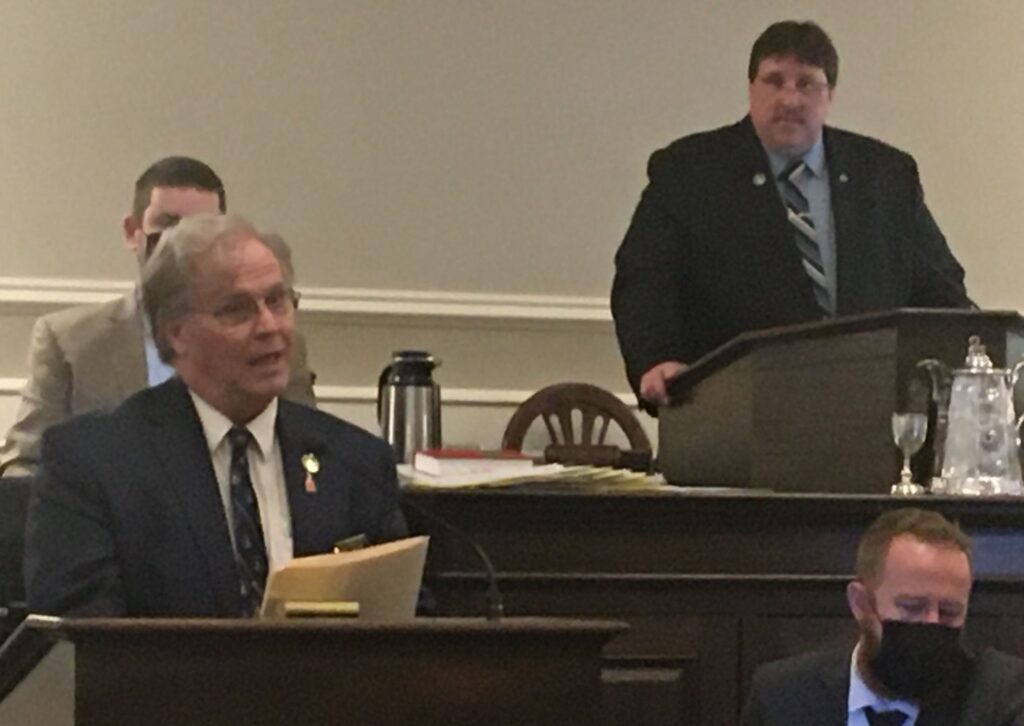
HB1647, relative to the calculation of child support, revises the child support guideline percentages, defines a shared parenting plan, establishes a new formula for the calculation of child support in cases involving shared parenting plans, and permits the court to modify the presumptive child support amount as justice and the best interest of the child may require.
After the Finance Committee amended the bill passed by the House in February 2021, I spoke in favor of the bill on the House floor:
Text of Speech
“As substantially equal parenting increases in a number of cases, a larger proportion of child support cases must deviate from the guidelines to account for the sharing of expenses. This results in a range of possible outcomes, little predictability for parents entering the system, and in some cases, judgments that are inconsistent and not fair alternately to the Obligee or Obligor.”
A number of study committees over the past few years have looked at our child support laws. In 2015 the legislature authorized $500,000 to the Carsey School for the most extensive study to review New Hampshire’s child support guidelines. Their report was complete in 2018 and stated:
In 2018 the courts made it difficult under current law to provide for shared child support when shared parenting is approved. In the most extreme case this means that if one parent has $1 more of income than the other and the parenting is being shared 50-50 all of the child support goes to the parent with $1 less income. The parent with $1 more income pays the other parent their half of the child support leaving them without the funds to support the child who is with them half the time.
The amendment we passed changes the income threshold below which a person qualifies to make a fixed contribution of $50 per month to child support from 150% of the federal poverty level back to 115% as in current law. This minimizes the fiscal impact to the State of New Hampshire during the transition to the more fairly balanced child support allocations. The next legislature will then have the quadrennial review of the child support system being done by New Hampshire’s Department of Health and Human Services that will be completed in December to work with in making further improvements to the system.
This bill as prepared by the policy committee and passed by this House on a voice vote addresses the recommendation of the Carsey School report for a better formula for shared parenting.